Alessandro Grandi (1586 - 1630)
 Italie
Italie
 Italie
ItalieAlessandro Grandi (1586 ? after June 1630, but in that year) was a northern Italian composer of the early Baroque era, writing in the new concertato style. He was one of the most inventive, influential and popular composers of the time, probably second only to Monteverdi in northern Italy. Most of his music is vocal with instrumental accompaniment. Stylistically, his early music is similar to that of Giovanni Gabrieli, with alternating short passages of greatly contrasting rhythms and texture; h ... (Read all)
Source : Wikipedia
Source : Wikipedia
FREE SHEET MUSIC
Active criterias:
Search
| ||||||||||||||||||||||||||||||||||||||||




















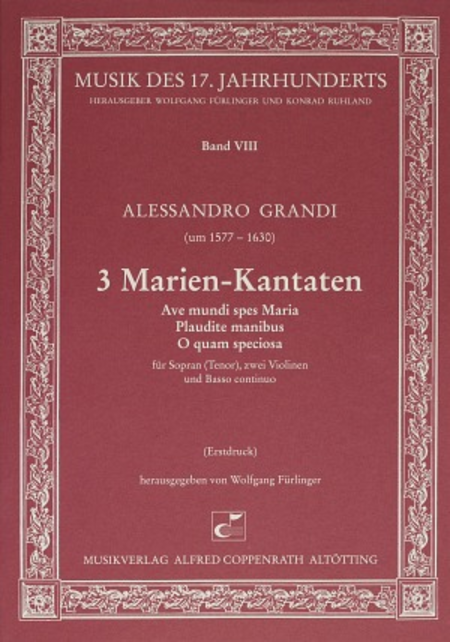
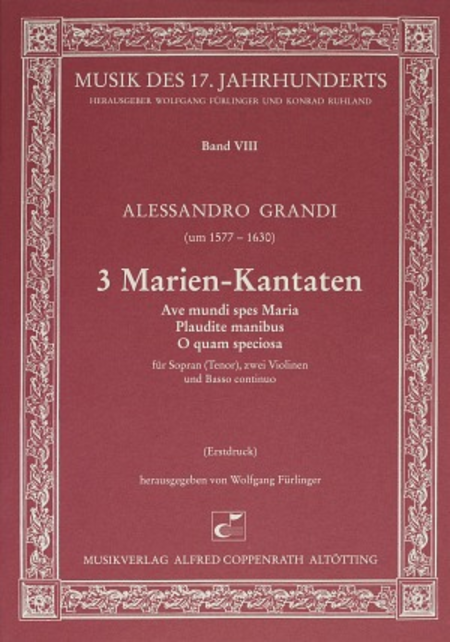
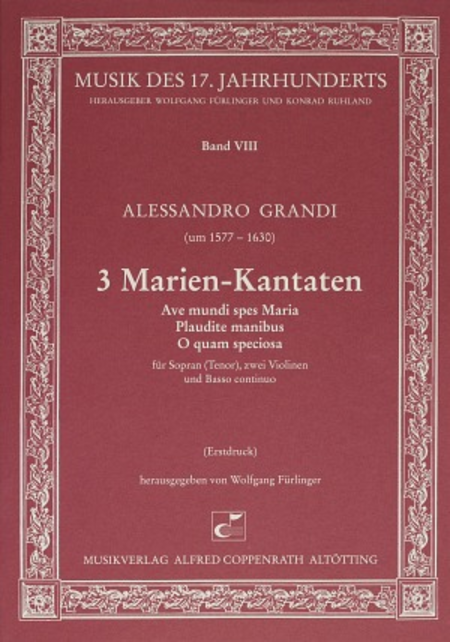
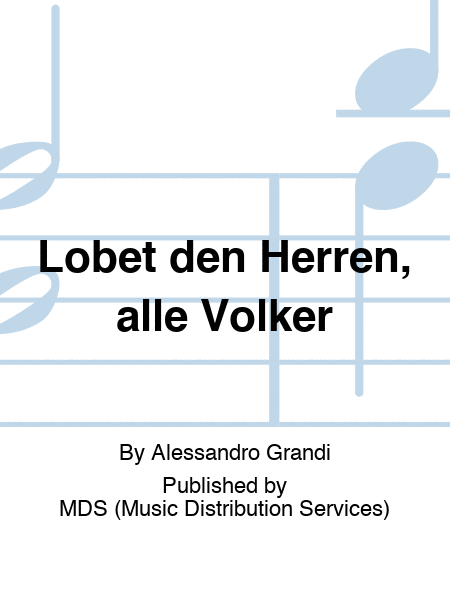
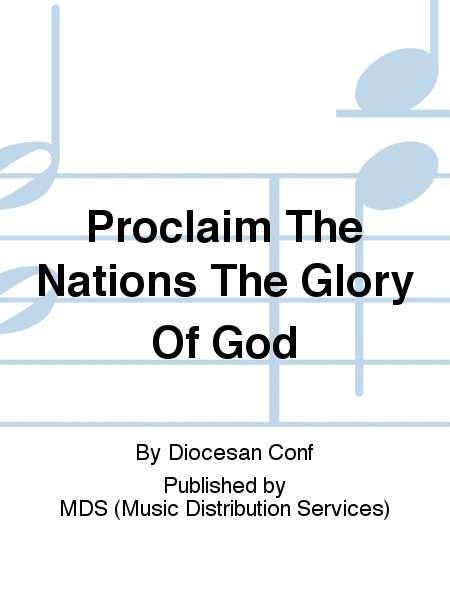
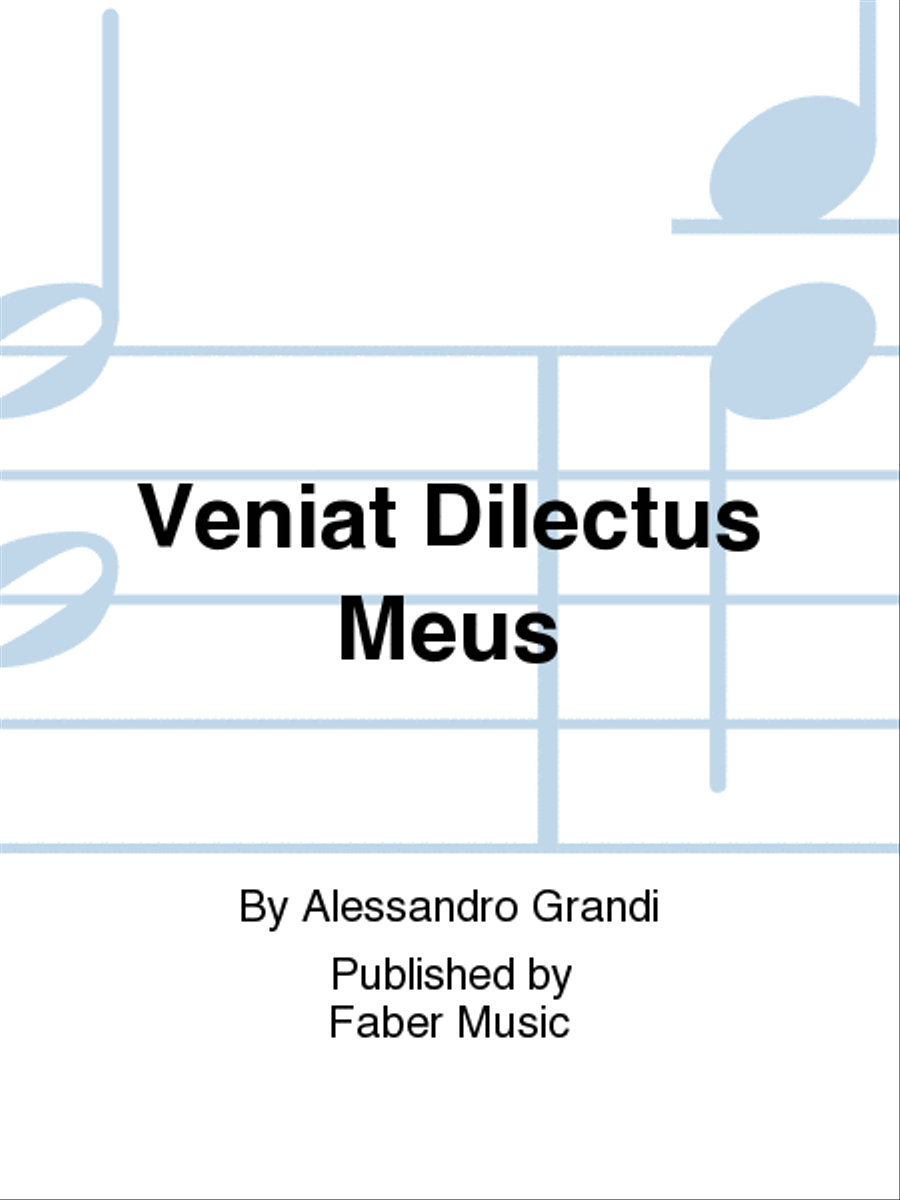
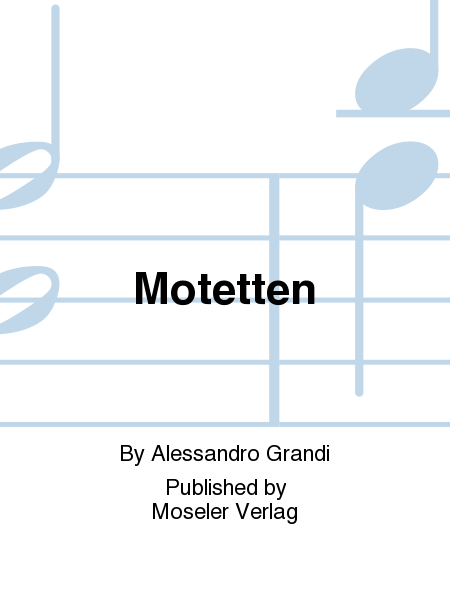
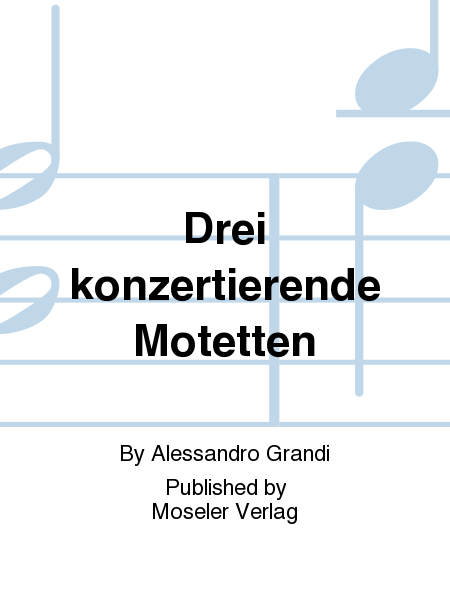






 SHEET MUSIC
SHEET MUSIC